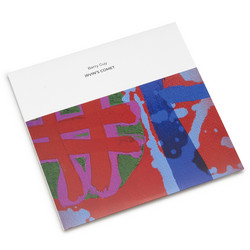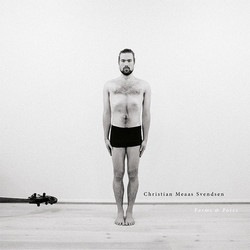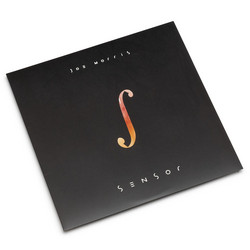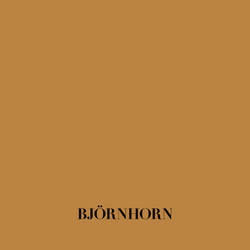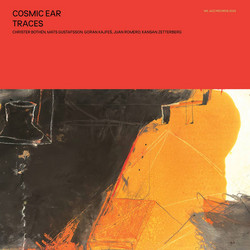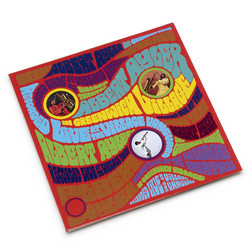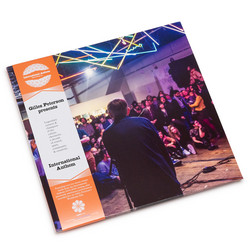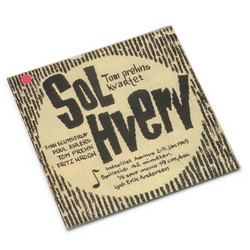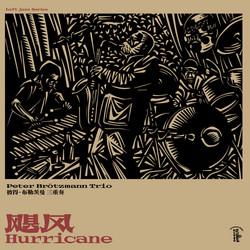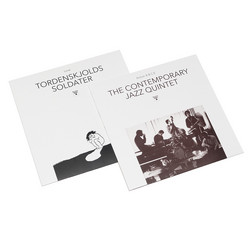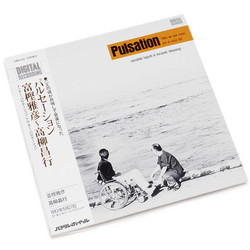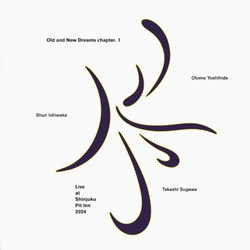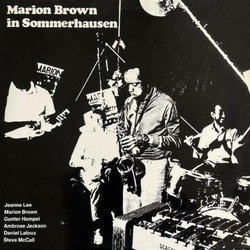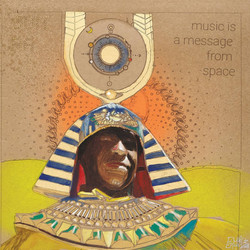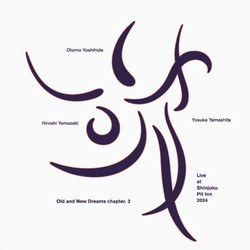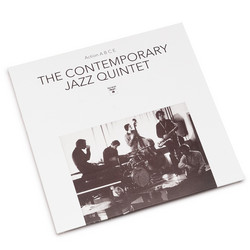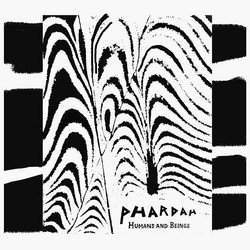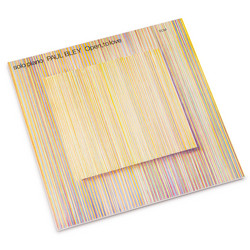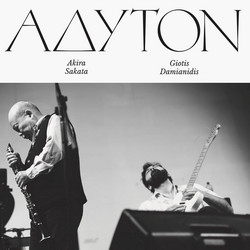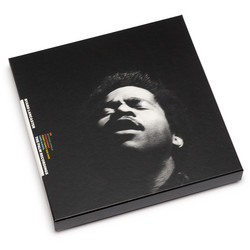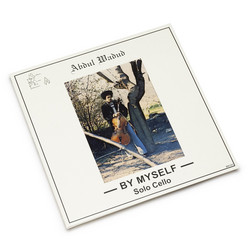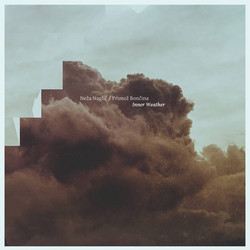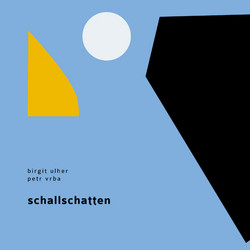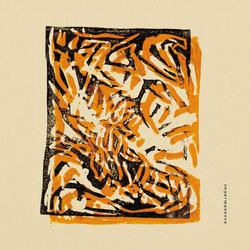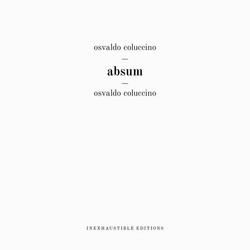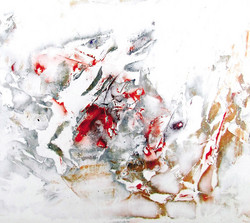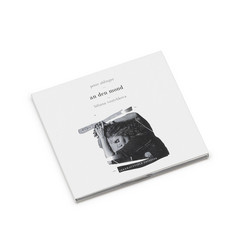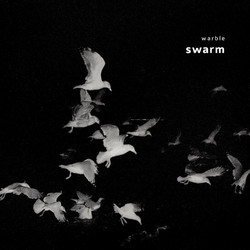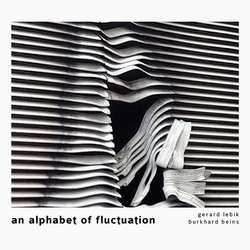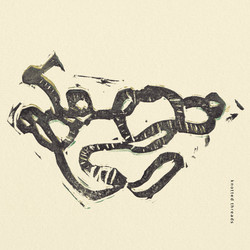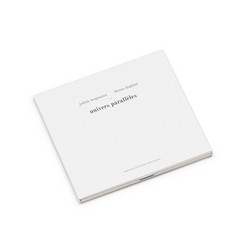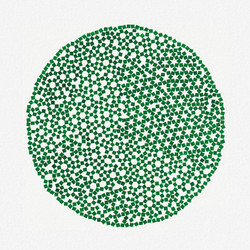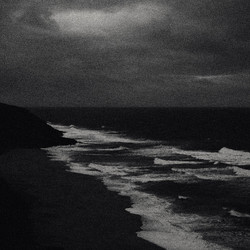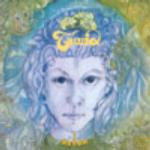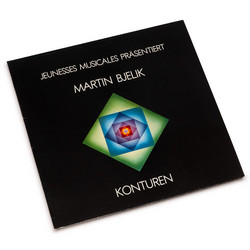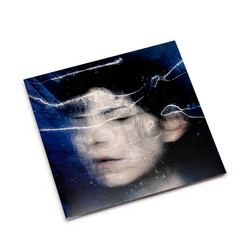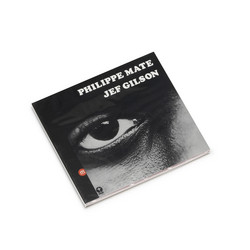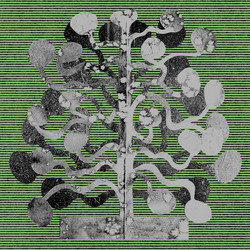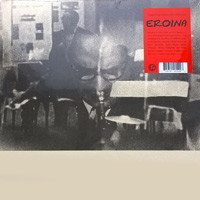"There is an expression that string players use: the wolf tone. It refers to a floating sound, an unpleasant vibratory acoustic phenomenon, which occurs when the instrument emits a sound like the cry of a wolf when the bow is drawn across a string. This illustrative metaphor arises from the instrument’s physical properties, due to which it will never be a docile sheep: from time to time its “wolven genes” show through. Owing to its shape, the double bass is like a large wild beast, particularly difficult to reign in, requiring many embraces and direct physical contact even to make it sound, and in fast passages it takes a good deal of strength to get it to keep up the pace, else it would lag behind the player. Indeed, anyone who wants to be a bassist needs to look not just the instrument, but themselves too, squarely in the face. Trained in classical music and jazz, and with experience in many genres, the Hungarian bassist and composer Csaba Pengő is one of the most courageous tamers of this wolf. By his own admission, at the Basseurope festival held in 2016, listening to the leading bassists in the world, he realized what a powerful release it is to face up to one’s shortcomings. How much better it is to take an error that has grown into an enemy, and win it over to the fire fanned by the desire to communicate, rather than cautiously give it a wide berth. Once home from the festival he started to write the first pieces on this disc, first the duets, in which his partner was to be Ádám Bögöthy, and later the solos. It was with these compositions he returned to the festival in 2018, where he garnered much praise. With this composer’s disc, he embraces not only the difficulties due to the instrument, but he does so in a situation, playing solo, and in duo – hardly less exposed, which in evolutionary terms conjures up a victim situation.
However on this album there is no trace of his persecuted solos, of the repugnant urge to prove himself, of tried-and-tested solutions behind which our protagonist might hide. We find ourselves in open, calm, spacious soundworlds, in which alongside the long landscape shots there is also the opportunity to languor in the micro-world: in the essence of timbres, in the long resonance of a note as it dies away, in the pregnant silences between notes. This change in perspective brings a new experience of time for the listener: the titular composition Circles, with its recurring rhythms and opal melancholy immediately lifts us from the railtrack of time into the atmosphere of a Béla Tarr movie. The bluesy glissandi of Midnight Mood dwell in expanded moments of time; the two basses rock slowly and restfully, each slapping into the waves of the other in The Lake Of The Cave, while Winter Field is almost a visual depiction of the frozen land, wrapped in a shawl of timelessness, of branches and blades of grass frozen to snapping point, and in Autumn Rain, a composition suggestive of peaceful passing, the raindrops take over the role of the metronome. But there is a counterpoint too, the race against time: the duet Buzz there are murmurs of the impatience of spring, and Sonata, as the title intimates, invites us, within a disciplined form, to a increasingly tempestuous yet restrained dance, until Eastern Europe Express takes us full speed to some terrain paved with a mordant, Balkan humour. In one of the most melodic pieces on the album, Island Street, all these qualities arrive at a harmonic alliance.
It seems as though – because the listener is holding an album betraying visual inspirations – that the title Circles refers not only to musical means, but also to exciting harmonic riffs and cyclical rhythmic motifs, which encompass not only the proximity of nature suggested by the titles, but also the cycle of nature, and the cycle of life. It suits the annular channel through which information flows not just between the two musicians, but between the instrument at its player. Perhaps this high degree of intimacy is why what we see and hear in the double bass is not a large wild beast difficult to reign in, but a hominoid, a projection of the musician’s self, which gives a sound point of reference and musical accompaniment to our interior soliloquies. " - Szász Emese translation by Richard Robinson
